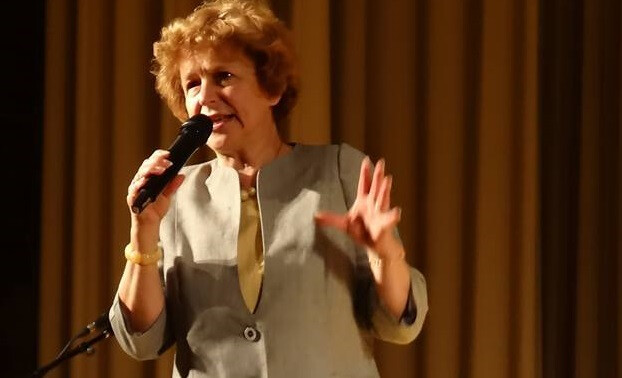“Yes, I am an agent: an agent for peace, for a Europe free of fascism, for the rights of minorities and for a united Europe,” Zdanuka told the European Parliament, in her first public intervention since her alleged involvement was revealed. Cooperation with the FSB.
According to EFE, the parliamentarian accused of spying for Russia for at least 13 years did not specifically refer to information indicating her contacts with FSB agents.
In a debate on Russian interference in the European Union, which was to be decided after this case, among other things, the MEP from Latvia wanted to “apologise for not being a successful agent” and stressed that those responsible for European policy towards that region “have attended voluntarily.” To the forums she organized between the European Union and Russia and “thanked her for creating them.”
“In 2004, the European Union looked at Russia as a strategic partner. Ten years later, there was a formal shift towards Russia: from partnership and cooperation to decisive contacts,” Zdanoka said.
However, the MEP insisted that “it will be impossible to resolve the dispute over Ukraine if the EU acts against Russia.” “Now, after two decades, the world is missing the opportunity for peace,” he added.
In response to Zdanuka's comments, Lithuanian MEP Rasa Gokneviceny, who intervened shortly afterwards, said the Latvian was “an agent of peace just like Putin.”
Hours earlier, upon arriving at the air session for the voting session, the MEP silently responded to journalists' questions about her contacts with the Federal Security Service, including one in Russian.
Parliamentary sources told EFE that the European Parliament has been investigating contacts between Zdanuka and the FSB since the allegations became public and could in the coming weeks announce sanctions against the Latvian MEP for violating the code of conduct.
Tatiana Zhdanuka admitted that she corresponded between 2004 and 2013 with a person whom investigators identified as an FSB agent, but denied knowledge of his links to Russian intelligence.
In Latvia, the MEP has been viewed as an agent of Russian influence since she entered politics in the late 1980s.
With a sporting background, Zhdanuka, who was born in Riga in 1950, was a member of the Communist Party of the Soviet Union between 1971 and 1991 (which she notes on her European Parliament page) and initially became active in supporting Russian interests. 1990s, after Latvian independence.
Zdanuka obtained Latvian citizenship in 1996 and speaks Russian, Latvian, English and French.

“Hardcore alcohol maven. Hipster-friendly analyst. Introvert. Devoted social media advocate.”

